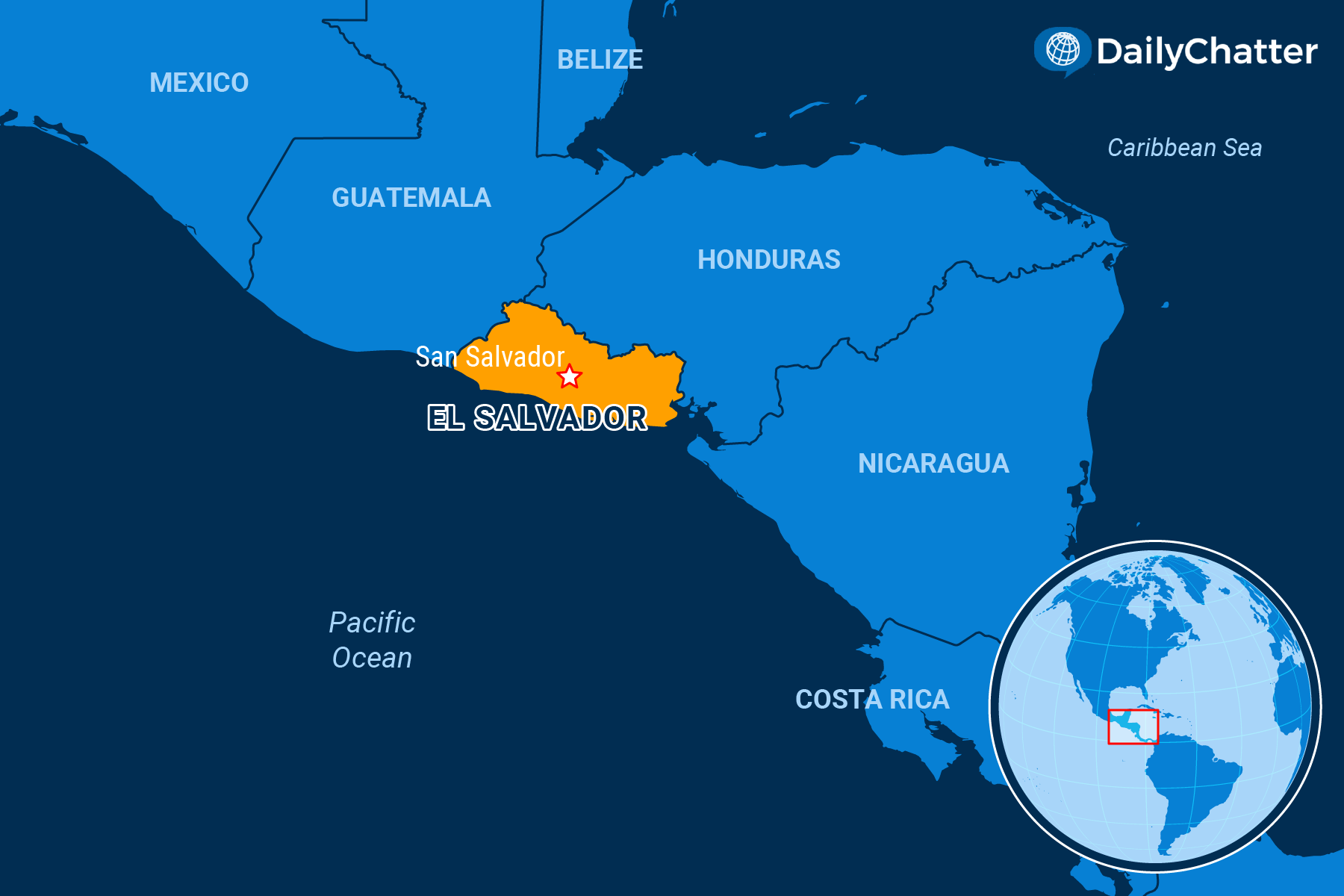Caught in the Net

Salvadorian authorities have detained thousands of children in an ongoing anti-gang crackdown, according to Human Rights Watch (HRW), prompting questions about President Nayib Bukele’s anti-gang crackdown that has made the Central American nation one of the safest in the region since it began more than two years ago, Al Jazeera reported.
Since March 2022, Bukele declared a state of emergency in an effort to tackle gangs that controlled and terrorized neighborhoods across El Salvador.
The campaign has seen the detention of around 80,000 suspected gang members, which has sharply reduced the country’s homicide rates.
But the crackdown has been criticized for human rights abuses, with advocates saying some suspects have been arrested with little evidence or because of their background.
The government has freed about 7,000 people because of a lack of evidence, the Associated Press wrote.
Earlier this week, HRW released a report saying that police have detained up to 3,319 minors in “countless indiscriminate raids” that often target those in “low-income neighborhoods” known to be hotbeds of crime.
The organization alleged that many of the arrested had “no apparent connection to gangs’ abusive activity,” adding that they were targeted because of their physical appearance or socioeconomic background.
The underage suspects were often convicted on charges such as “unlawful association,” which the report notes “have overbroad definitions and harsh maximum sentences ranging from 10 to 20 years.”
A total of 841 minors remained in custody as of January, according to the report.
The findings also showed that at least 60 minors suffered abuse in custody, such as being deprived of food and healthcare, and endured torture and sexual assault from adult inmates.
Despite criticism and human rights abuse allegations, Bukele’s iron-fisted approach remains popular in El Salvador and won him reelection earlier this year with 85 percent of the vote. His party controls the legislature and recently extended the anti-gang emergency powers.
While El Salvador is seeing a drop in crime rates, another country in Latin America may be becoming the next hub for gangs: Paraguay seized more than four tons of cocaine worth roughly $240 million this week, the largest drug bust in the South American country’s history, CBS News noted.
The bust marked the second time in a week that Paraguayan officials announced a major seizure involving cocaine hidden in a food shipment.
President Santiago Peña described the seizures as a series of “very sad episodes” that underscored how the strategically located Paraguay is transforming into a key drug trafficking hub in the region.
The origin of the drugs is unclear – unlike Bolivia, Colombia, and Peru, Paraguay does not produce cocaine.
However, it has recently become a smuggling hub for cigarettes, luxury goods, and drugs as cartels establish new routes to new markets.

Subscribe today and GlobalPost will be in your inbox the next weekday morning
Join us today and pay only $32.95 for an annual subscription, or less than $3 a month for our unique insights into crucial developments on the world stage. It’s by far the best investment you can make to expand your knowledge of the world.
And you get a free two-week trial with no obligation to continue.
